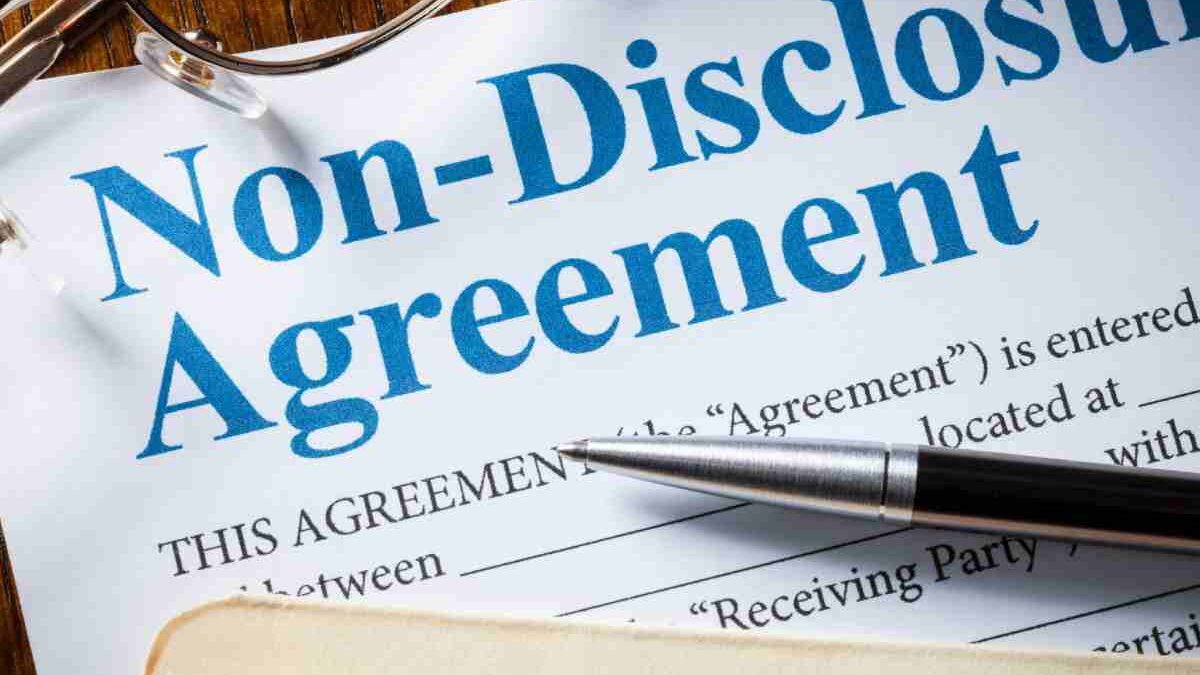Non-disclosure agreements are legally binding agreements or contracts that will build a confidential relationship between 2 parties. Both parties must sign the agreement that says they agree to the sensitive information in the document. And this information won’t be available for others. This will be confidential between the parties who signed the document.
This non-disclosure agreement is usually used in large organizations or businesses signing contracts with other businesses. When this agreement allows the sharing of sensitive information with each other, there will be no doubt that it will be shared with competitors. If any party does that, the opposite party can file a case against them for sharing sensitive information. This is called a mutual non-disclosure agreement.
NDAs are used when one party (the disclosing party) needs to share confidential information with another party (the receiving party) for a particular reason, such as discussing a business opportunity, partnership, or potential collaboration. The NDA ensures that the receiving party cannot disclose or misuse the confidential information.
What are the Types of Non-Disclosure Agreements?
There are 3 types of non-disclosure agreements based on the usage and requirements of the parties:
- The Disclosure Agreement: Disclosure agreements are commonly used in various business transactions, partnerships, employment relationships, and whenever confidential information needs to be shared between parties. Therefore, it’s essential to carefully draft and review these agreements to protect all parties’ interests.
- Mutual Agreement: An agreement between two businesses where both partners must discuss their contracts. There will be strategic discussions on both, so each company should disclose information about their project to inform each other of their capabilities.
- Non-Mutual Agreement: This agreement applies to new employees. This will allow them to have access to the company’s confidential data. The employees should sign the agreement not to share this data with anyone.
Conclusion
Therefore, non-disclosure agreements are commonly used in various business contexts, including negotiations, partnerships, mergers and acquisitions, employment agreements, and collaborations with contractors or consultants. Moreover, they help protect valuable intellectual property and maintain trust between parties engaged in confidential information exchanges.

